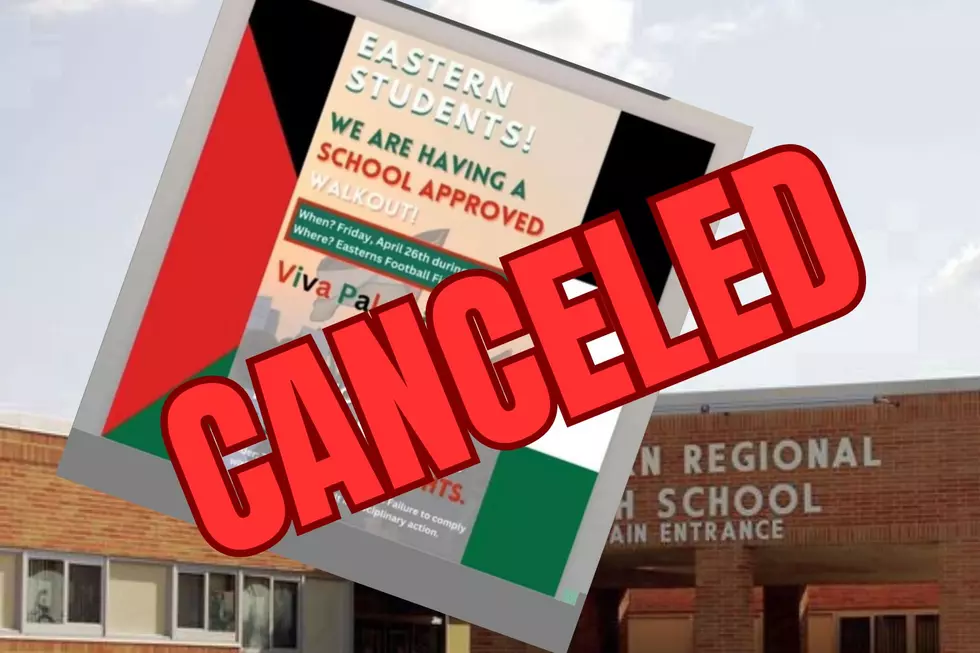![Fewer Americans are saving [AUDIO]](http://townsquare.media/site/385/files/2012/11/stackedcoins2.jpg?w=980&q=75)
Fewer Americans are saving [AUDIO]
Financial experts may recommend having six months' worth of expenses saved in the event of an emergency, and yet less than half of respondents in a new report by Bankrate.com have saved three months' worth.
In fact, 26 percent of Americans, or one in four, have no emergency savings while 67 percent have saved less than the recommended six months. The percentage of Americans with at least three months' expenses in savings declined from 45 percent last year to just 40 percent this year.
"Even though people recognize how important emergency savings is, they aren't able to make much in the way of progress," said Greg McBride, chief financial analyst at Bankrate.com. "Even among the highest-income households, those with annual income of $75,000 or above, fewer than half currently have a six-month savings cushion. Some people have high expenses like the big house and two cars, etc. In other cases, household income is not going up, but other expenses are and it's squeezing their ability to either save or to even spend more."
According to the report, people between the ages of 30 and 49 are more likely than any other age group to have no emergency savings, while 18-to-30-year-olds are the most likely to have up to five months saved up.
"Many of those under age 30 have the benefit of lower expenses due to roommates, living with their parents or being students," McBride said. "Ages 30 through 49 are high-spending years when expenses often rise faster than emergency savings can keep up."
So, how can you begin to save?
"Set up a direct deposit from your paycheck into a dedicated savings account," McBride said. "By paying yourself first, you're also forcing yourself to live on less than you make and that's the essence of building wealth over time."
Bankrate.com's Financial Security Index rebounded to 101.5, an improvement over one year ago. Job security came back from a negative reading just one month ago. Right now 24 percent of Americans feel more secure in their jobs than they did a year ago, compared to 17 percent who feel less secure. When it comes to the comfort level Americans have with debt, 23 percent are more comfortable than they were in June 2013 and 20 percent are less comfortable.
More From New Jersey 101.5 FM









